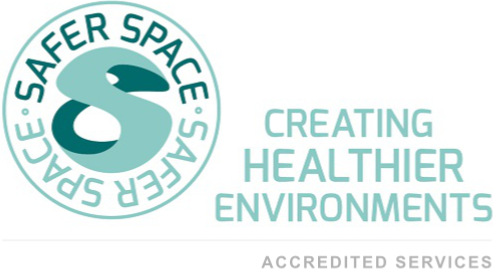In November 2024, Schools’ Air Quality Monitoring for Health and Education (SAMHE) highlighted the growing concern of poor air quality in UK schools and its impact on both health and education. Improving air quality is of vital importance to the wellbeing of staff and pupils alike.
The Issue
- Poor air quality, especially fine particulate matter (PM2.5), affects pupils’ and staff health, attention, and cognitive performance.
- Ventilation rates in UK schools are significantly low, worsening during winter, increasing CO2 levels, and promoting the spread of airborne viruses.
- No current requirements exist to routinely monitor air quality in schools, and outdated guidance is not adequately addressing these issues.
Why improving air quality matters
Children are particularly vulnerable to air pollution, and poor air quality in schools can lead to increased absenteeism, decreased academic performance, and long-term health issues. Improving air quality could have broad societal and economic benefits, including better public health, school attendance, and educational outcomes.
Key Recommendations for improving air quality
- The UK governments should commit to meeting the 2021 WHO Air Quality Guidelines.
- School air quality guidelines need to be updated to ensure proper ventilation and clean air.
- Evidence-based interventions should be implemented where needed.
- School leaders and staff should be educated on the management of air quality in schools.
Improving air quality in schools is not just about creating a healthier learning environment, it’s an investment in the future of our children.
Learn more about how we can make our schools safer and healthier for all. Visit SAMHE now.
At 24 NRG Group and Trade2care, we offer a cost effective and proven clean air solution, the Odeo Upperviolet air purifaction system.
Visit our shop to purchase your Odeo Upperviolet now








